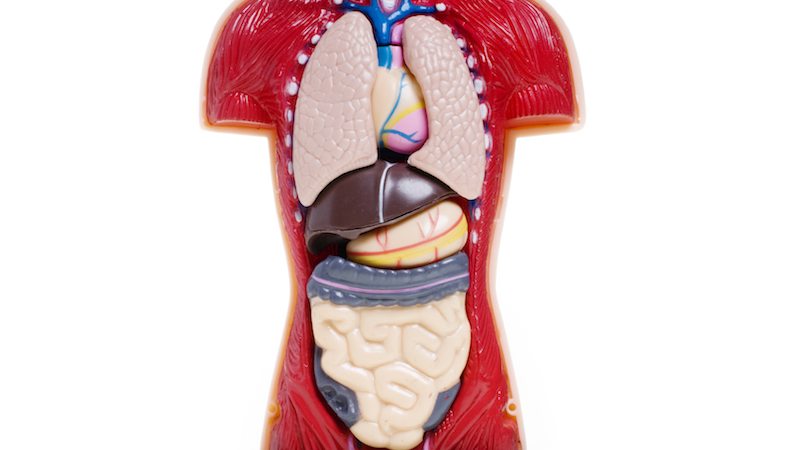Looking After Your Liver
Episode #3 of the course How to live a healthy lifestyle by FutureLearn
Classed as part of the digestive system, the liver is the body’s largest solid organ, located on the upper-right side of your body just below your ribs. It plays more than 500 roles in the body, but its main jobs include removing toxins and filtering blood, fighting infections, producing chemicals needed for digestion, and storing glycogen (the body’s energy reserves) and vitamins A, D, E, and K.
Impressively, it is the only visceral organ with the capacity to regenerate, and provided at least 25% of the tissue remains, the liver can regenerate in just 8-15 days. However, due to its important role in the body, problems in the liver can have severe consequences on overall health. At least 30 million people—or one in 10 Americans—have some form of liver disease, and that number is on the rise, affecting the health and well-being of many thousands of people each day. There are ways you can help your liver, though—here’s how to start.
Watch your alcohol intake
The liver breaks down toxins, including drugs and alcohol. But if the amount of toxins is too high, the liver will become overworked and liver cells can become damaged. Drinking too much alcohol is the most common cause of liver disease in the Western world, and excessive alcohol consumption over long periods of time can lead to cirrhosis—an abnormal liver condition in which the organ is irreversibly scarred. To avoid overloading your liver, check the alcohol consumption guidelines in your country; in the US, for example, according to the Dietary Guidelines for Americans, moderate alcohol consumption is defined as having up to 1 drink per day for women and up to 2 drinks per day for men.
Cut down on fat in your diet
The liver is responsible for digesting fats in the body, so an excess of lipids can lead to the organ becoming overworked. If you are obese or overweight, fatty deposits can build up in the liver, eventually leading to inflammation and scarring. The term Non-Alcohol Related Fatty Liver Disease (NAFLD) is used for when vacuoles of triglyceride fat accumulate in the liver cells of people who do not drink excessively. To help prevent NAFLD from developing, doctors advise those at risk to cut down on fatty foods, watch overall calorie intake, and exercise regularly.
Don’t mix drugs
Mixing drugs with alcohol puts a lot of pressure on the liver, and in the worst cases, it can lead to liver failure. “Safe” medication from the supermarket—and even herbal remedies—can put just as much stress on the liver if taken excessively or mixed with other medication. If in doubt, check the packaging or ask a pharmacist.
Recommended free course
Liver Disease: Looking After Your Liver
Recommended book
“Liver Cleansing Diet” by Sandra Cabot
Share with friends

